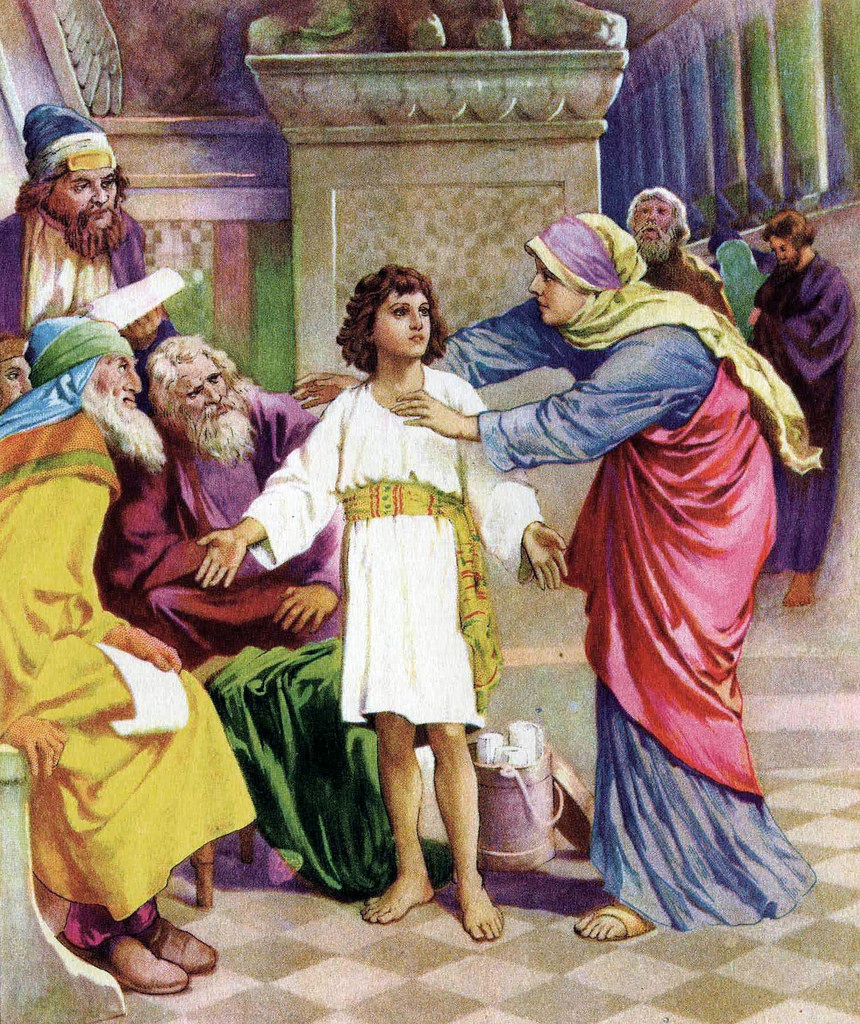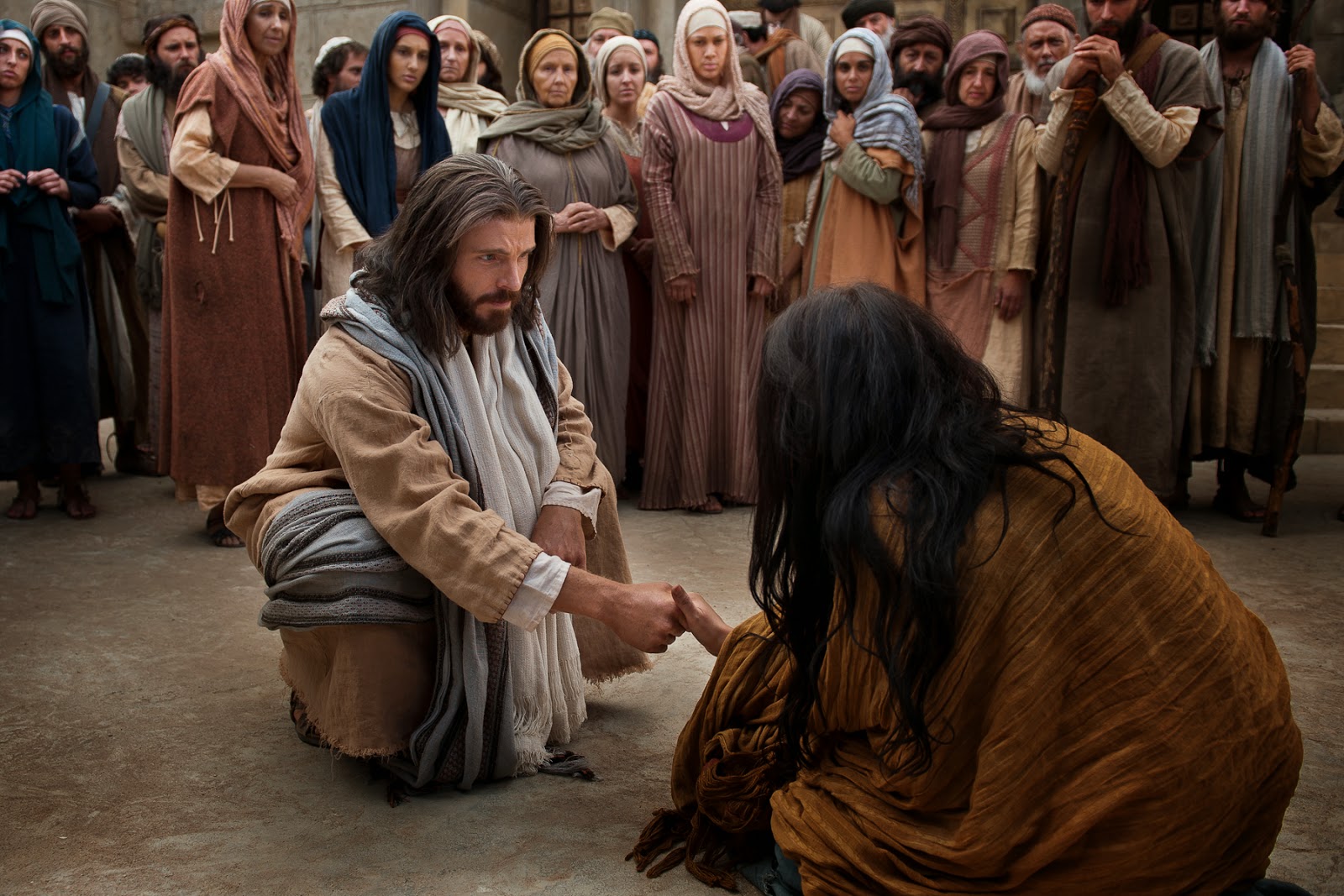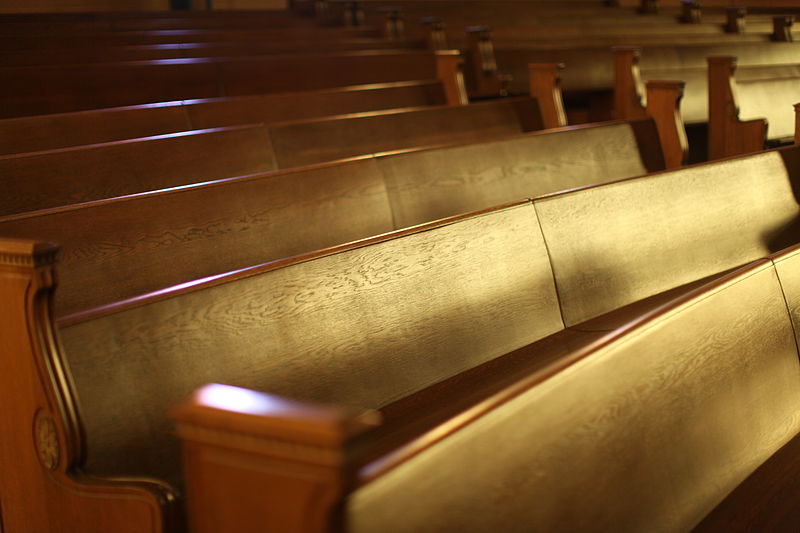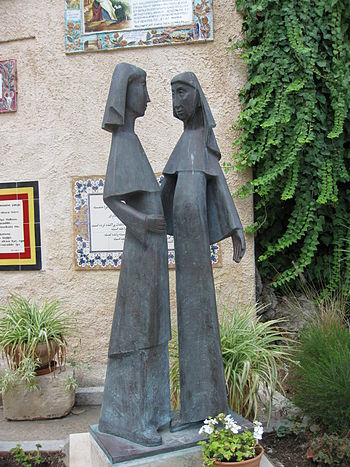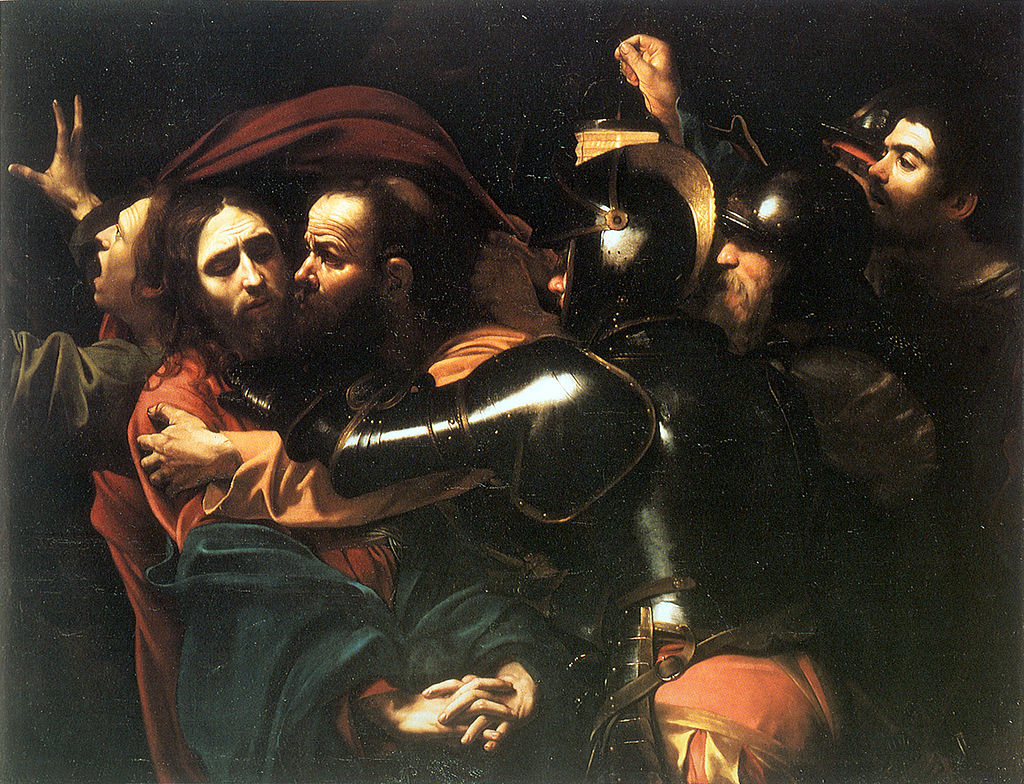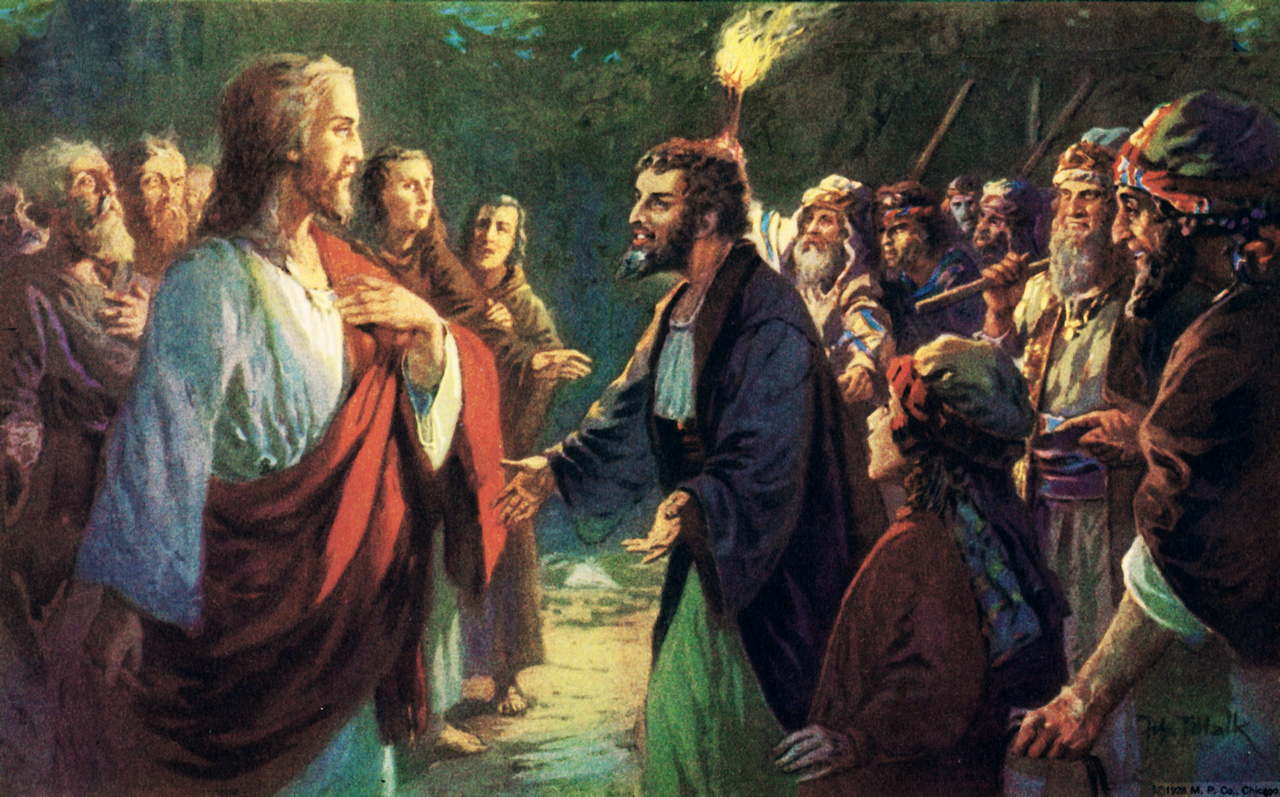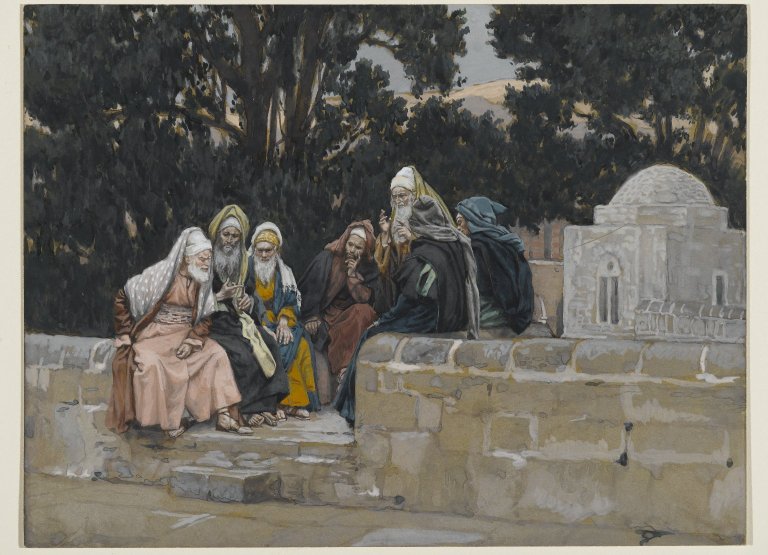When I look around my house, I see all sorts of bins filled to the top with toys and games. They belong to my boys and they’ve accumulated them over years of Christmases and birthdays. And besides the initial week or two of excitement, many of them go untouched for months. My thought is that because most of their toys are gifts, they don’t have any real emotional investment in them. But God
My little parenthood story outlines a greater insight into human behavior. We tend to value things more as we invest more in them. That could be an investment of time, money, memories, emotional energy, etc. What about our faith? Does the value of our faith increase the more time we spend in prayer? I certainly believe it does. And I’m sure those of you who pray the Rosary daily will attest to that as well. God designed faith as a process that we work on our entire lives.
Why does God choose to make our faith a multi-step process and not something more instantaneous? Why did Jesus heal certain people one at a time and not the entire world in one fell swoop? Or why do miracles come to a few and not to everyone who requests them? Like anything important, there’s value in the process. Things that are just given to us with no effort on our part aren’t as valuable as the things we work hard for.

When we make an effort to develop our faith, it becomes more valuable. Jesus didn’t come into this world to just give away faith. He knew that people wouldn’t value it if He did. Instead, He showed the benefits that came from having a deeper faith almost as a way of encouraging people to work harder at it. Remember, God gave us free will to choose whether to follow Him or not. But that’s not a binary decision. We also have the freedom to choose how much effort we want to put into our relationship with God. Hopefully, through Jesus’ teachings and example, we know that it’s important to invest in our faith development because it’s worth it.
In his article, No Soul is Too Far Gone, Francis
There is tremendous power in perseverant prayer. God is not like us; he is not bothered by his children asking for the same thing over and over. He is pleased by the faith demonstrated when we pray and pray for someone to be saved.
When we understand the consequences of rejecting Christ, and we are filled with love for another human being, persistent prayer should be the natural response. To this day, I still have questions about how the decreed will of God meshes with the effectiveness of my persistent prayers. For now, I’m more than content to obey and pray. Though I’m still uncertain how it works, I have seen it work. Meditate with me on Luke 18, trust the words of Christ, and then pray with sincerity and expectation.
Looking at the Rosary, I think about the Fourth Joyful Mystery — The Presentation in the Temple. I think of Saint Simeon, a pious man whom the Holy Spirit promised would see the Messiah before his death. And while it doesn’t say how long he waited, I always picture it being many years. In that time he must have prayed regularly building up his faith in God’s promise. How much stronger was Saint Simeon from a lifetime of devout prayer than if God had immediately fulfilled His promise?
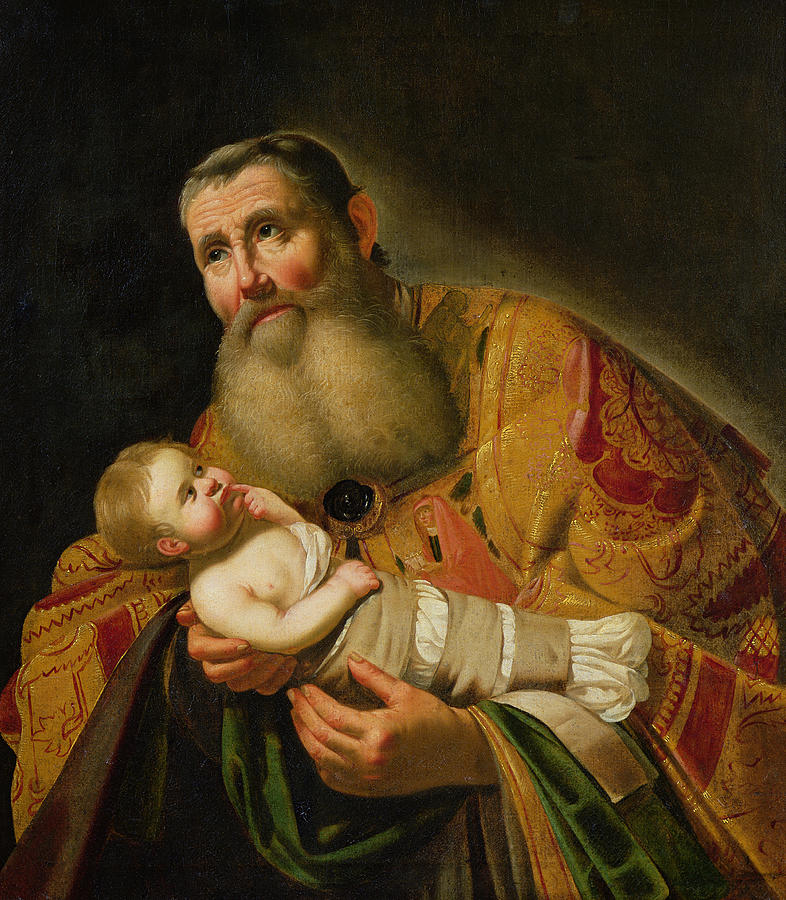
In the eyes of God, even the oldest and wisest are like infants. We must seem like babies whenever God hears us complain about why He’s not answering our prayers. What we do not see or understand is that He does hear us and answers our prayers. But it’s according to His plan, not ours. It’s by His timeline, not ours. We must understand that we often need time to grow and mature in our faith. And when we put in that time and effort, we see that God answers our prayers in a manner far better than if we would have received it immediately.


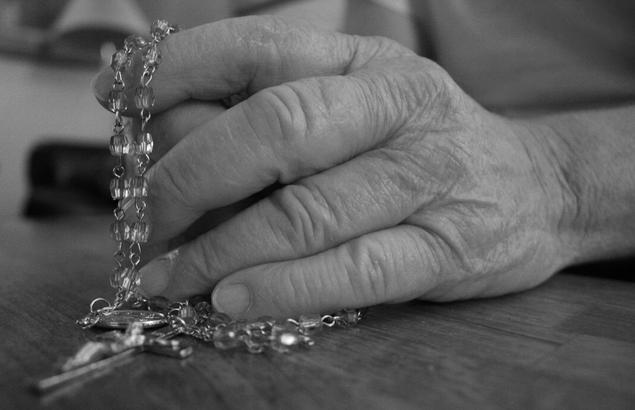

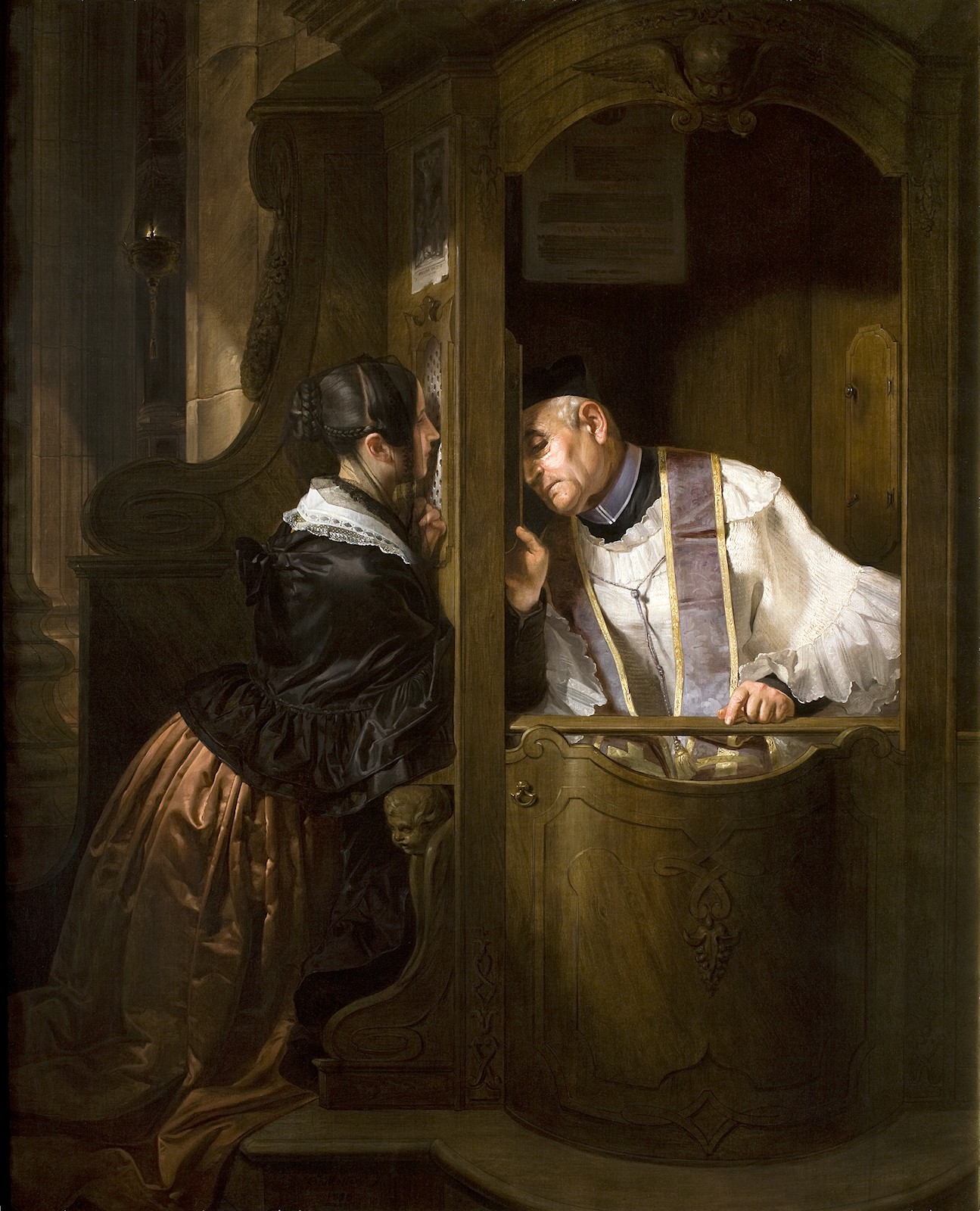

 In the modern world, much of our communication is online whether it be Facebook, WhatsApp, Twitter, email, or even just the comments section of web pages. Now ask yourself, what if Jesus was one of your “friends” or “followers” on your social networks and He read your posts? Would you be proud of them? Are you fostering a respectful environment? Note that respectful doesn’t mean always being agreeable or a pushover. It doesn’t mean compromising your values and the values of the Church. But it does mean recognizing that how you treat others is also how you treat Jesus. So if you’re not respecting others online, you’re not respecting our Lord.
In the modern world, much of our communication is online whether it be Facebook, WhatsApp, Twitter, email, or even just the comments section of web pages. Now ask yourself, what if Jesus was one of your “friends” or “followers” on your social networks and He read your posts? Would you be proud of them? Are you fostering a respectful environment? Note that respectful doesn’t mean always being agreeable or a pushover. It doesn’t mean compromising your values and the values of the Church. But it does mean recognizing that how you treat others is also how you treat Jesus. So if you’re not respecting others online, you’re not respecting our Lord. What about respect for Jesus in the Eucharist which we meditate on in the
What about respect for Jesus in the Eucharist which we meditate on in the 
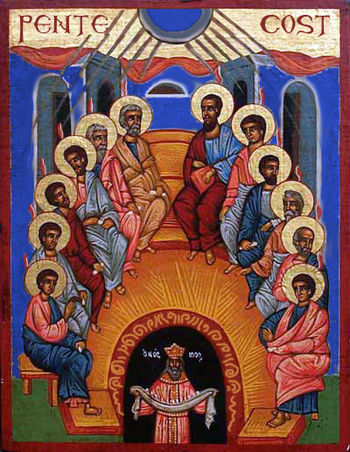
 Pope Francis’
Pope Francis’ 






